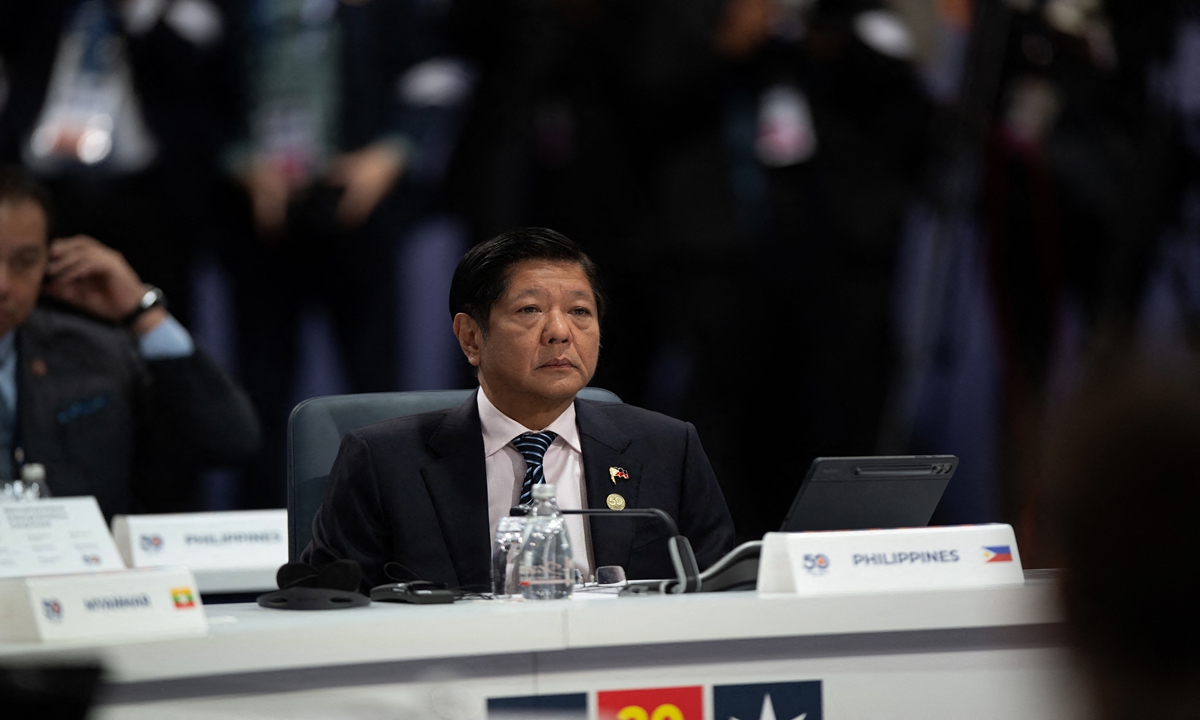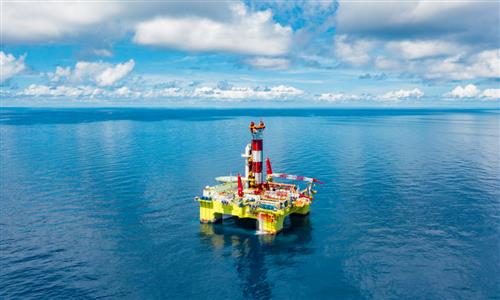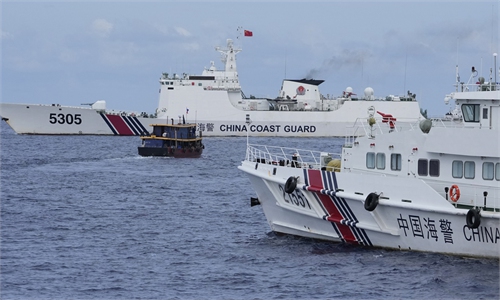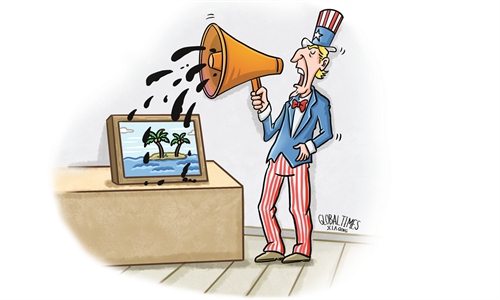Manila’s attempt to shore up allies ‘futile’
Neither regional countries nor external forces will risk ties with China for the Philippines: experts

This handout taken and released on March 6, 2024 by the ASEAN-Australia Special Summit 2024 shows Philippines' President Ferdinand Marcos Jr. attending the Leaders' Plenary during the ASEAN-Australia Special Summit 2024 in Melbourne. Photo: AFP
Although Manila claims to have reached defense pacts with 18 countries to "support" its provocations in the South China Sea, it can be seen through words and actions that neither its Southeast Asian neighbors nor external forces will actually back the Philippine's reckless moves, experts said on Sunday.
The Philippines is said to be striking new defense agreements with other countries at a rapid speed, having signed or entering discussions over new security deals with at least 18 countries since tensions with China started growing in the South China Sea in 2023, a report by the Washington Post said on Saturday.
According to estimates from open data, among the 18 defense agreements with the Philippines, only eight are regional countries while the rest are all from outside Southeast Asia, highlighting foreign interference in the South China Sea issue.
In stark contrast to the previous Duterte administration, which pursued a peaceful settlement of disputes over the South China Sea, the current government has become more and more aggressive in stirring up tensions in the region, partly due to instigations from the US and partly out of political infighting, particularly between the two families of Duterte and Marcos, Chen Hong, executive director of the Asia Pacific Studies Centre at East China Normal University, told the Global Times on Sunday.
"The intention of the provocations, most recently evident in the collision incident between a Filipino vessel and a Chinese coast guard ship, is to escalate this regional issue into an international one, by coaxing and misleading countries, especially those unaware of the true situation, and getting them to join the Philippine's anti-China camp," Chen said.
However, this scheme is doomed to fail. On Saturday, a Vietnam Foreign Ministry spokesperson voiced Hanoi's deep concern over the recent tensions between China and the Philippines around Ren'ai Reef, calling on self-restraint and the serious implementation of the Declaration on the Conduct of Parties in the South China Sea (DOC).
Vietnam's reaction follows a visit to Manila by Indonesian President Joko Widodo in January with South China Sea issue high on the agenda, which experts said reflected Indonesia's urgency to "talk some sense" into the Philippines to stop its dangerous maneuvers.
"Most ASEAN countries do not want to complicate things because they are well aware that only with stability in the South China Sea can they maintain a friendly relationship with China, which is crucial for the development of the entire region," Gu Xiaosong, dean of the ASEAN Research Institute of Hainan Tropical Ocean University, told the Global Times on Sunday.
"In recent years, economic development in Southeast Asia has been relatively fast, outpacing the global average by more than two percentage points. This is closely related to the peaceful and stable environment in the region. If the Philippines continues to stir up trouble, it will undoubtedly have adverse effects on the entire region and Asia as a whole," Gu said.
The Washington Post report pointed out several foreign forces are meddling in the South China Sea issue by inking new defense treaties with the Philippines, including the European Union, India and the UK. Japan, Canada and France are also said to be looking at signing "visiting-forces agreements" with the Philippines, which would allow those countries to send troops to Philippine bases.
Gu warned that among these foreign forces, China should pay special attention to Japan, Australia and India's collusion with Manila, as these countries are the key pawns in the US Indo-Pacific strategy.
Japan, in particular, may "jump the highest" as it also has island and reef disputes with China, and they may likely join hands to contain China in the future, observers noted.
Leaders of Japan and the Philippines have agreed to start negotiations for a key defense pact that would allow their troops to enter each other's territory for joint military exercises. Additional Japanese patrol vessels, defense equipment and radars would be provided to strengthen the Philippines' law enforcement capability at sea, the Associated Press reported in November 2023.
But even the US' closest allies are keeping an arm's length from South China Sea tensions.
During a summit Australia hosted with ASEAN in Melbourne last week, while Marcos addressed the Australian Parliament with fiery rhetoric, Canberra and ASEAN seemed unmoved on the matter, calling for restraint from all parties in a collective statement.
"In fact, even the US, the biggest agitator in the region, does not truly wish to directly confront China in the South China Sea," said Chen Hong. "Manila should be aware that it is merely 'cannon fodder' to serve Washington's hegemonic interests."



